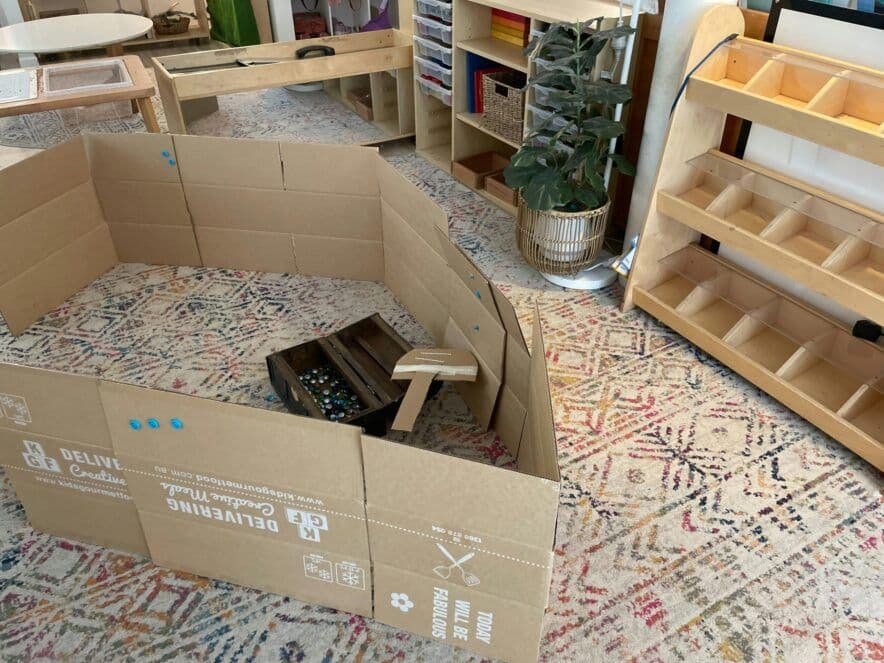Research
Educator/child relationship is critical when it comes to academic success, study finds

FDC-Friendly
Freya Lucas
Nov 22, 2024
Save
The quality of relationships between educators and the children in their care is critical in how children progress throughout their schooling lives, new research from The Ohio State University and University of Pennsylvania suggests.
The Society for Research in Child Development (SRCD) recently had the opportunity to discuss this research with Dr. Arya Ansari, Associate Professor in the College of Education and Human Ecology at The Ohio State University.An extract of this conversation appears below. To read the conversation in its entirety please see here.
What was the scope of the research?
Researchers explored the significance of student-teacher relationships between kindergarten and third grade, using the Early Childhood Longitudinal Study - Kindergarten Class of 2010-2011, a nationally representative sample of approximately 14,370 children in the United States.
They examined whether student-teacher relationships, as measured by closeness and conflict, matter more in specific grades, last over the early elementary school years, and have accumulating effects over time.
The outcomes of these relationships included students’ achievement, absenteeism, executive function, and social behavioural development. Additionally, this study considered whether different groups of students benefit more or less from these relationships.
What were the main findings?
The findings show that the quality of relationships between students and teachers between kindergarten and third grade may have a significant benefit for children’s overall early learning and development.
There was also evidence that these relationships matter across the early elementary school years and have cumulative effects over time.
All of the children benefited from a close rapport with their teachers and girls tended to fare worse socially than boys when faced with conflict and less closeness in their teacher relationships.
What was the motivation for the study?
“The topic of student-teacher relationships has received a great deal of attention in developmental and educational research,” Dr Ansari said.
“Despite this attention, there has been no nationally representative investigation into the cumulative, timing-specific, and enduring outcomes of these relationships.”
Researchers also saw a gap, in that previous studies had overlooked the patterns that emerge across different grade levels and important outcomes, resulting in a lack of comprehensive insight into the importance of these relationships and how they may vary among different populations.
Why this longitudinal study, in particular?
The Early Childhood Longitudinal Study - Kindergarten Class of 2010-2011 (ECLS-K) was chosen, Dr Ansari said, because it is one of the few longitudinal and nationally representative samples of children in the United States, providing “much needed insight” into the home and school experiences of young children between kindergarten and fifth grade.
“The ECLS-K is a critical resource for understanding the role of student-teacher relationships in the early learning and development of young children. By providing regular information on children’s relationships and outcomes, the ECLS-K can be used to pinpoint effective points of intervention that can enhance relationships among students and teachers,” he added.
How can educators use these findings?
The results of this study, Dr Ansari believes, have several potential implications for teachers, administrators, families, and researchers.
“For teachers, our findings underscore the importance of developing strong connections with students across the early elementary school years,” he said.
“By recognising the importance of a close and conflict free relationship, teachers can better support student success.”
For decision makers and leaders, the researchers hope the findings will highlight the importance of supporting teachers so that they have the time and space to cultivate stronger relationships with students.
Tips for keeping relationships strong
Dr Ansari offers the following advice for educators around keeping relationships with young children strong:
- Try to create an environment of open communication and actively listen to children
- Show empathy and understanding by validating emotions, encouraging collaboration, and personalising interactions based on individual interests
- Seek the support needed to allow themselves, as educators, to stronger and more individualised relationships.
The Cumulative, Timing-Specific, and Enduring Associations Between Student—Teacher Relationships and Early Elementary Outcomes by Ansari, A., Buckley, M.N., (The Ohio State University) and Woods, S.C., Gottfried, M. (University of Pennsylvania) is available here.
The original coverage of this piece is available here.
Don’t miss a thing
Related Articles



















